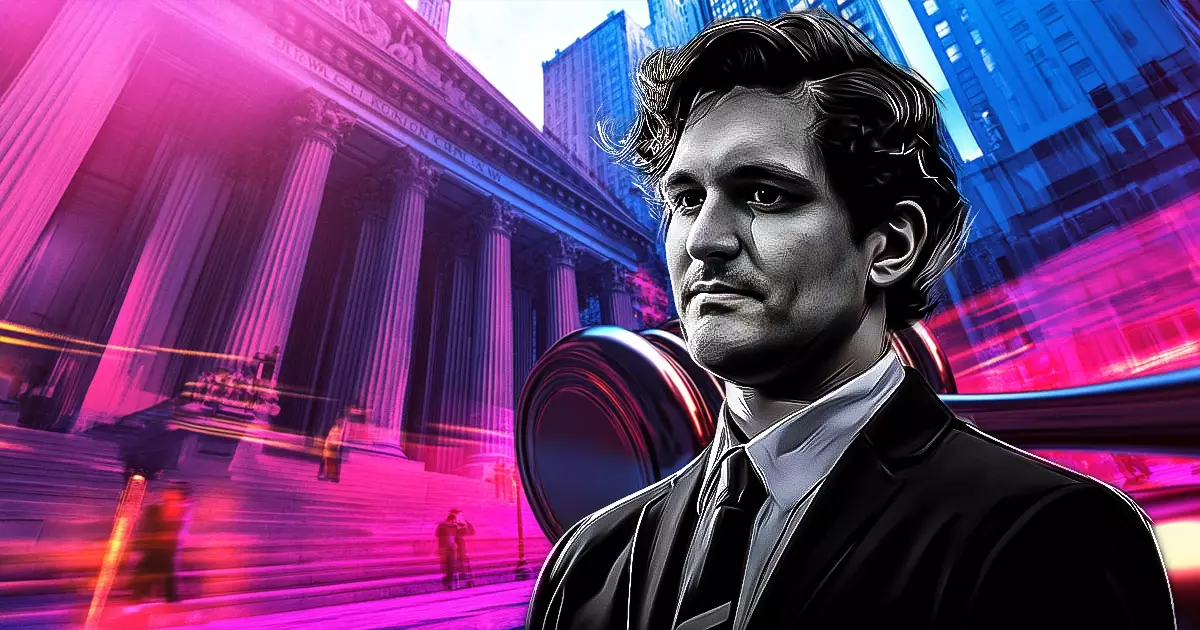The saga surrounding Sam Bankman-Fried, the former head of the crumbled cryptocurrency platform FTX, has become a landmark case in discussions about financial regulation and legal accountability in the tech-driven economy. Bankman-Fried was convicted last year amid substantial claims of fraud and misconduct linked to the catastrophic collapse of his exchange, which left many investors high and dry. Following his sentencing, he sought to overturn the verdict, arguing various points that he believed warranted a retrial. However, recent developments indicate that the conviction will likely stand firm, as authorities have now dismissed his claims.
Bankman-Fried’s attempt at appealing to the Second Circuit Court of Appeals in September involved a multifaceted argument regarding perceived judicial biases and errors throughout the trial process. Central to his claims was the assertion that Judge Lewis Kaplan’s rulings stifled legitimate defense strategies, depriving him of a chance to present critical evidence about his financial dealings and the actual state of FTX’s fiscal health. In his perspective, the initial trial was marred by procedural missteps that ultimately prejudiced his case. However, the government’s recent court filing rebuffs these assertions, stressing that the trial was appropriately managed and that the jury’s conclusions were well-founded.
Legal Justification and Trial Conduct
The prosecution’s response emphasizes the lawful nature of the judge’s decisions, particularly regarding the “no-ultimate-harm” instruction—an established principle in fraud cases where the focus is on the intention and actions of the alleged wrongdoer rather than resulting losses sustained by victims. This rebuttal underlines a critical aspect of legal proceedings; the significance lies not solely in the outcomes faced by victims but rather in the actions that led to the convictions themselves. Furthermore, the government underscored its position by defending the exclusion of testimony regarding ambiguous claims about potential refunds for customers, labeling such information as extraneous and potentially misleading.
One notable point made by the government involved Bankman-Fried’s attempt to compel third-party debtors to provide certain documents. Their assertion was straightforward: the court rightfully refused this request as the evidence sought wasn’t available, thereby challenging the practical grounds of Bankman-Fried’s argument for a fair trial. They were firm in their statement that he could not demonstrate how these missing documents had materially impacted his trial. This dismissal reflects a recurring theme in appellate cases—the burden of proof frequently falls on the appellant to illustrate how judicial missteps engendered an unfair trial, a requirement that Bankman-Fried clearly failed to meet.
As legal scholars and the public continue to scrutinize this unfolding story, the implications extend beyond just one individual’s fight against the legal system. Bankman-Fried’s case stands as a critical examination of accountability within the rapidly evolving cryptocurrency landscape. With authorities firmly backing the original verdict, it raises essential questions about the robustness of regulatory frameworks governing digital assets, and the lengths to which individuals may go to reclaim their tarnished reputations. As the dust settles, the conversation surrounding ethical practices in finance and the repercussions of fraud is invigorated, ensuring that Bankman-Fried’s case maintains relevance in discussions about future regulatory measures.

